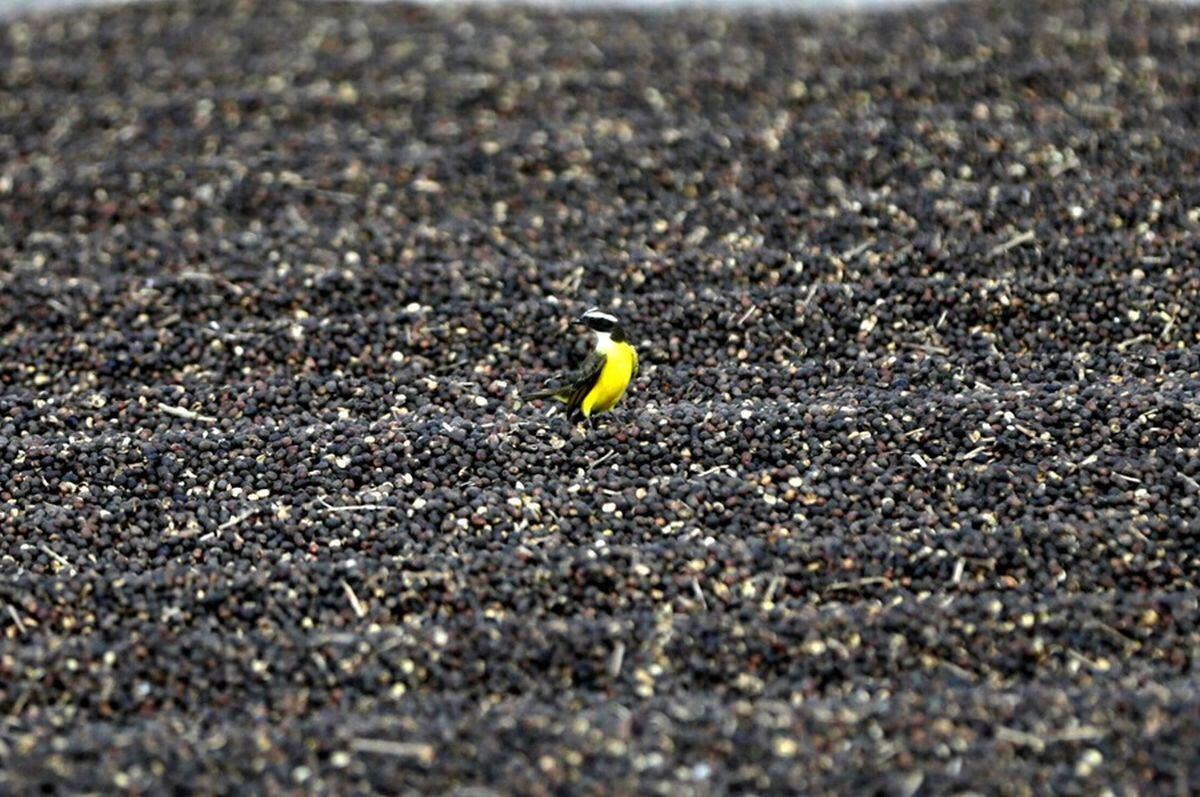
Agroecology, thanks to crop diversification, is reinforced as a strategy to strengthen production agricultural in Latin America, according to him International Fund for Agricultural Development (IFAD), which presented its perspectives for the period 2024-2030 this Thursday.
This type of agriculture is based on ecological principles, which allows farmers not to depend on a single plantation and also face the high costs of fertilizers or pesticides thanks to the reuse of nutrients, biomass, water and energy.
“It helps to be much more resilient in production,” Rikke Olivera, IFAD expert for agroecology, explains to EFE, who maintains that “if a product fails” In the cultivation “there are others in the system” who can help maintain the economic income of families that depend on agriculture.
Agroecology, which began to be implemented in Latin America in the 1980s and 1990s, also seeks to favor the local economy and “produce based on local inputs” to avoid the import costs of other products “so expensive” today, Olivera highlighted.
IFAD has financed, through loans, initiatives in countries such as Brazil, where they have been launched “agroecological notebooks”, in which women record the quantities of products they sell, consume or exchange, and this control allowed the generation of agricultural products worth US$ 615,000 (575,000 euros).
A new farmer-oriented interface was also developed in this country for “identify and prioritize steps needed to improve agroecological management and climate-resilient production practices through improved communication with extension staff,” according to the report released by the United Nations agency.
In Mexico, subsidies for agricultural inputs are already being distributed, which allow agrochemical strategies to be replaced by more environmentally friendly agroecological ones, Olivera said.
Bolivia is another of the countries that will benefit the most from the planning for the next 6 years proposed by IFAD thanks to the ‘Agroecological Frontiers’ project, which consists of creating market strategies for small farming families in order to “reduce rural poverty and improve the sustainability of local agriculture.”
This project “will develop short value chains and establish market alliances with market intermediaries to ensure product traceability,” according to IFAD.
In total, in Latin America and the Caribbean, 8 full initiatives and another 16 partially have been approved, which include new ways of connecting producers with markets, links with tourism and the creation of territorial platforms that ensure the participation of small producers.
“Working together can be a shortcut for many institutions to invest more quickly in this topic, learning from each other”Olivera said.
It may interest you
- Two out of three rural youth live in areas with great agricultural potential
- IFAD: “In a new project we want to connect small farmers with markets through the App”
- Family farming and its adaptation to climate change will be key to food security, says IFAD
Source: Gestion
Ricardo is a renowned author and journalist, known for his exceptional writing on top-news stories. He currently works as a writer at the 247 News Agency, where he is known for his ability to deliver breaking news and insightful analysis on the most pressing issues of the day.












